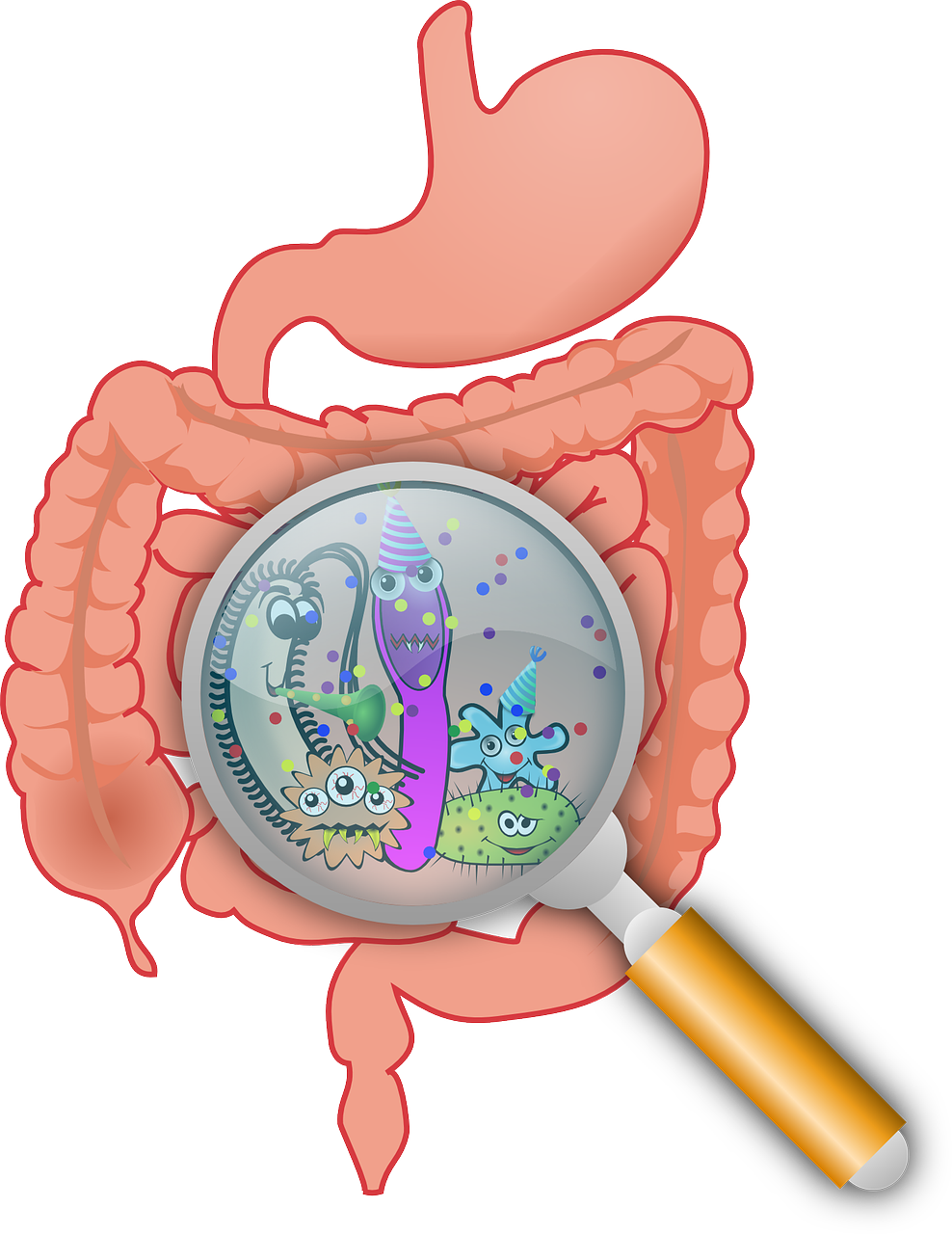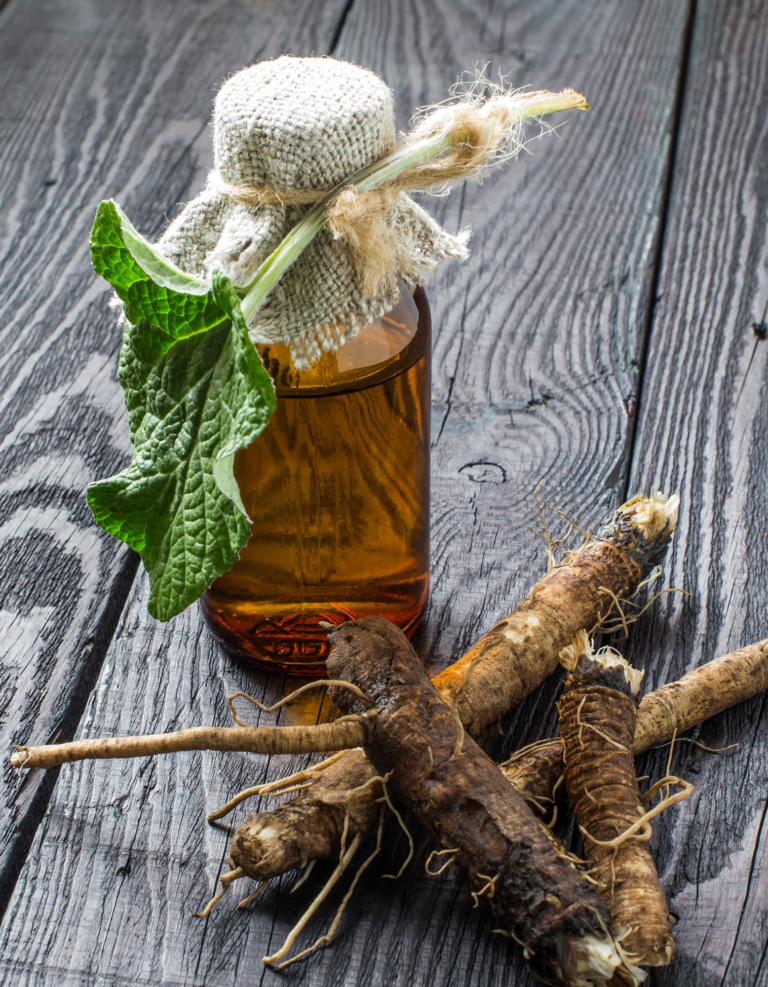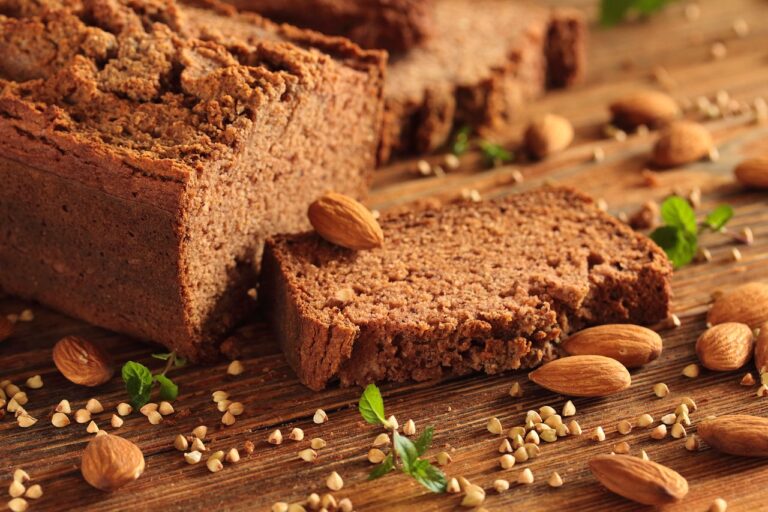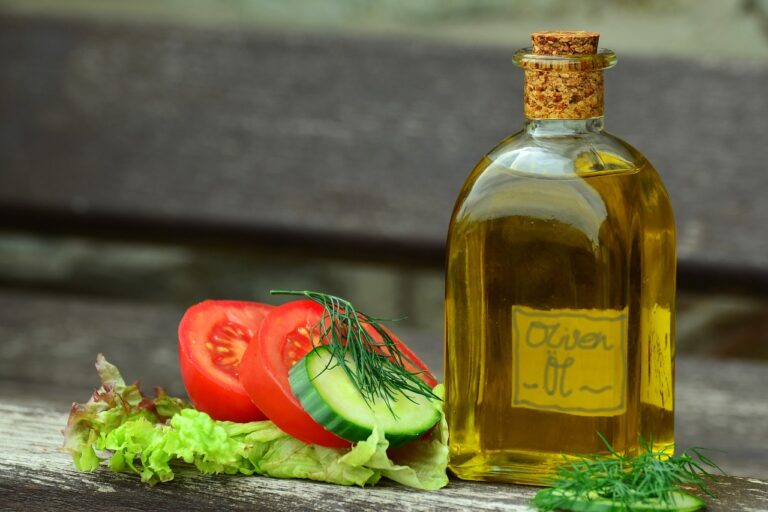The Gut Stuff: How to Identify and Deal with IBS
We’ve all been there – that uncomfortable gurgling in your tummy after eating something that doesn’t quite agree with you. But for some of us, tummy troubles aren’t just a once in a while thing because they seem to happen all the time. If you’re constantly dealing with abdominal pain, bloating, diarrhea or constipation (or a combination of sorts), you may have Irritable Bowel Syndrome, also known as IBS.
Turns out irritable bowel syndrome isn’t so uncommon – about 12% of Americans have to deal with the not-so-fun symptoms. The good news is, while irritable bowel syndrome cannot be cured, you can manage the symptoms by paying attention to what you put in your body. Let’s chat about the most common IBS signs, and then we’ll get to the fun part; the essential foods to combat it!
Uncomfortable Abdominal Pain
Irritable bowel syndrome can cause cramping, aching, bloating or sharp abdominal pains. For many irritable bowel syndrome sufferers, the pain can strike at any time but especially after eating.
While irritable bowel syndrome won’t cause permanent damage to your gastrointestinal tract, the pains can be debilitating and really put a damper on your day. The location, severity and duration of the abdominal discomfort varies between irritable bowel syndrome patients. While it may be quite the undertaking, it is important to pay attention to when and where your pains usually strike to identify triggers.

Constant Constipation
On the flip side from abdominal pain, some irritable bowel syndrome patients deal primarily with constipation. Going days without a proper bowel movement, dealing with hard stools that are difficult to pass, and feeling “backed up” are some common issues.
The causes of the constipation vary from person to person. Some have nervous system abnormalities that slow down the colon, while others have colon muscles that just don’t work as aggressively as they should. If you’re all clogged up, understanding the root cause of your individual constipation will help you find the right treatment.
Persistent Diarrhea
IBS can also swing wildly in the other direction, causing recurring diarrhea. We’re talking loose, watery stools that can come along suddenly and frequently throughout the day. This can lead to dehydration and an imbalance of electrolytes in the body if you’re not careful about replenishing fluids. Cramps and urgency to use the bathroom are common side effects of IBS-related diarrhea. Accidents also happen when you just can’t hold it in! Foods like dairy, high-fat items and caffeine are common culprits.
Gas and Bloating
If you have irritable bowel syndrome, you may feel like you’ve been pumped full of helium more often than not. Bloating is one of the most common IBS symptoms, likely caused by excess gas production and difficulties expelling said gas. Excessive burping and flatulence can be embarrassing social side effects of this excessive gas. The bloating can also cause abdominal cramping and discomfort. Certain poorly digested carbs known as FODMAPS are common causes of gas and bloating. Limiting foods high in these carbs can help reduce symptoms.
Acid Reflux and Heartburn
IBS often co-occurs with acid reflux and gastroesophageal reflux disease (GERD). Nausea, burning chest pain (heartburn), sour burps and regurgitation can haunt people with irritable bowel syndrome. The food triggers are similar for both conditions – coffee, chocolate, carbonated beverages and high-fat foods are frequent offenders. Managing reflux and heartburn involves diet tweaks, meal spacing, not lying down right after eating, and sometimes medication. But for IBS patients, treating the underlying gut issues is key to reducing reflux.
The Takeaway: Keep a Symptom Journal
IBS symptoms and severity vary quite a bit between patients. Keeping a detailed food and symptom journal can help you identify your unique triggers. For example, you may learn that onions or garlic bring on intense pains. Or that your gas and bloating acts up after drinking milk. Pinpointing your personal IBS triggers will enable you to try an elimination diet to confirm, and then modify your diet for a happier gut!
Now, on to the fun stuff! Let’s talk about how you can treat IBS through your diet!
Irritable Bowel Syndrome Diet Tips
While no single diet is right for every IBS patient, there are some common food tweaks that seem to provide relief for many folks by reducing inflammation and digestion issues.
- Limit FODMAPS
FODMAPs are short chain carbohydrates that can ferment in the gut, causing gas, bloating and other tummy troubles. Foods to watch out for include:
- Fruits like apples, pears, watermelon
- Veggies like garlic, onions, cauliflower
- Dairy products
- Wheat products
- Certain sweeteners like honey
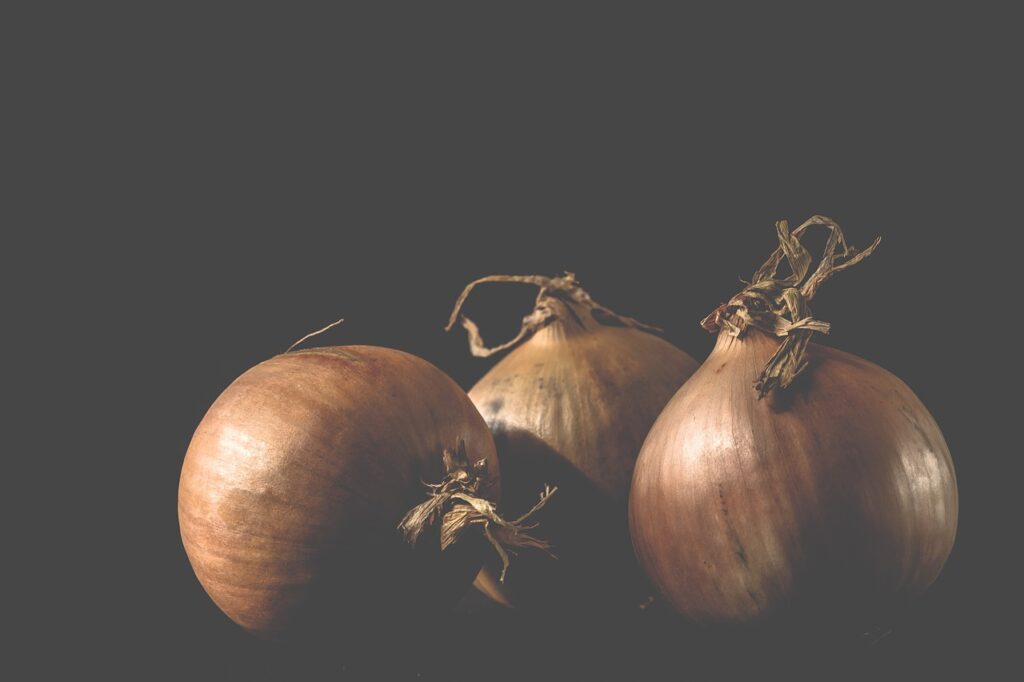
Eliminating FODMAPs and slowly reintroducing them can help identify your unique intolerances.
- Load Up on Fiber
Soluble fiber that dissolves in water to form a gel-like consistency can help regulate bowel movements for both constipation and diarrhea. Good sources include oats, nuts, seeds, lentils, berries and flaxseed. Remember to ramp up high-fiber foods slowly to avoid gas!
- Eat More Anti-Inflammatory Foods
Foods containing antioxidants and omega-3 fats may help reduce inflammation driving IBS issues.
Aim for more:
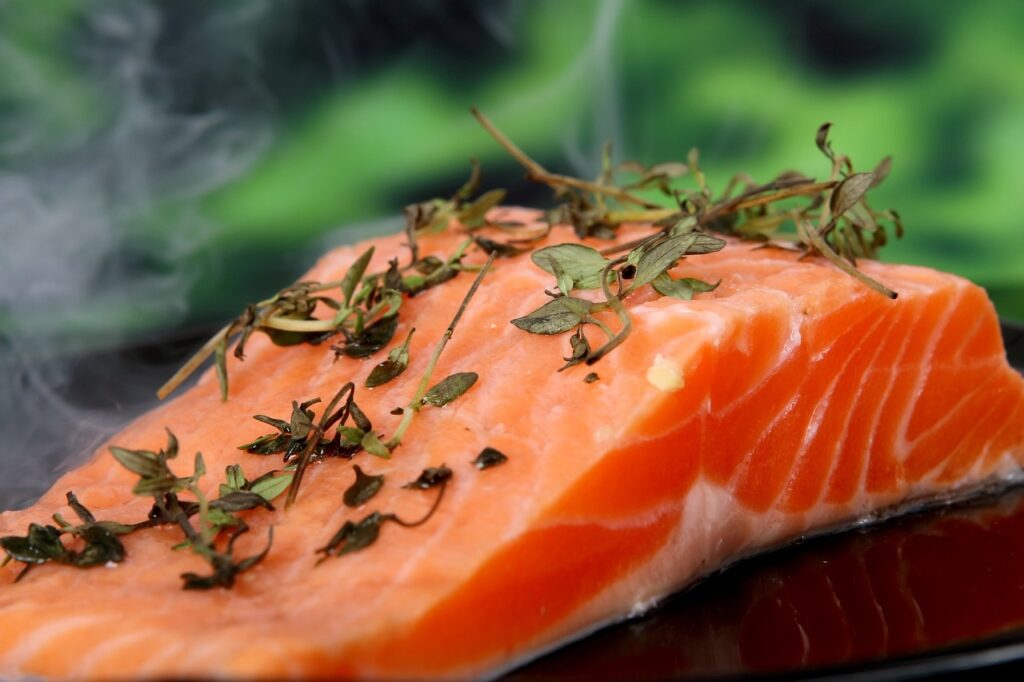
- Green leafy veggies
- Wild caught salmon
- Avocados
- Olive oil
- Walnuts
- Try a Low FODMAP Elimination Diet
Cutting out all high FODMAP foods for 2-6 weeks can help identify triggers. Slowly reintroduce them one at a time while monitoring symptoms
- Consider Probiotic Supplements
Probiotic supplements containing strains like Bifidobacterium and Lactobacillus can help get your gut microbiome back in balance. Consult your doctor on which strains may help your symptoms.
The Takeaway: Your Gut Will Thank You
Dealing with irritable bowel syndrome symptoms like bloating, pain and tummy troubles is no fun but having an arsenal of diet tweaks can help you better manage your symptoms. Pay close attention to how different foods affect your IBS so you can build a gut-friendly diet. Avoid recognized triggers, load up on fiber and anti-inflammatory foods, and consider a probiotic.
With some adjustments, you’ll be well on your way to happy gut, happy life! Here’s to feeling food again!

